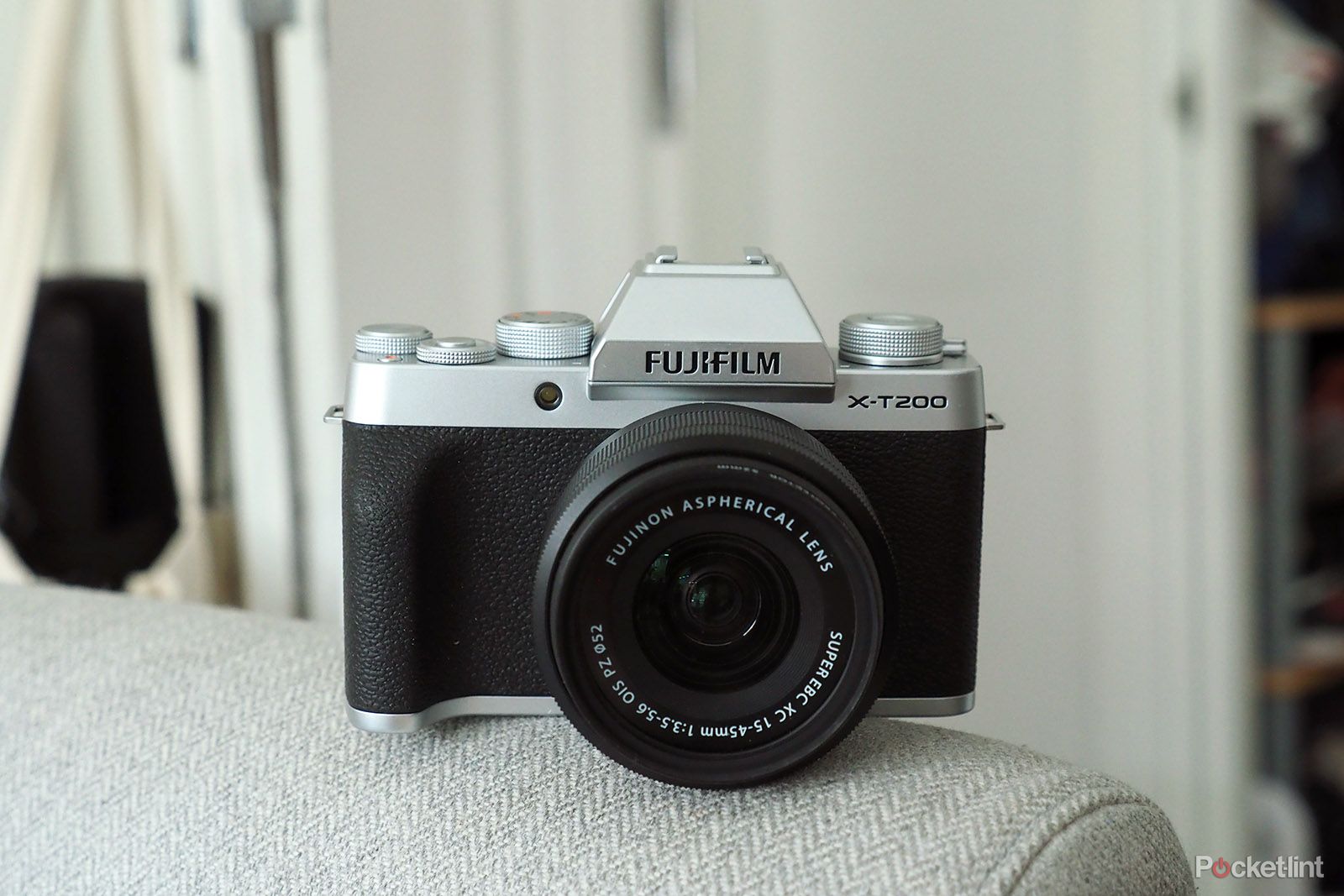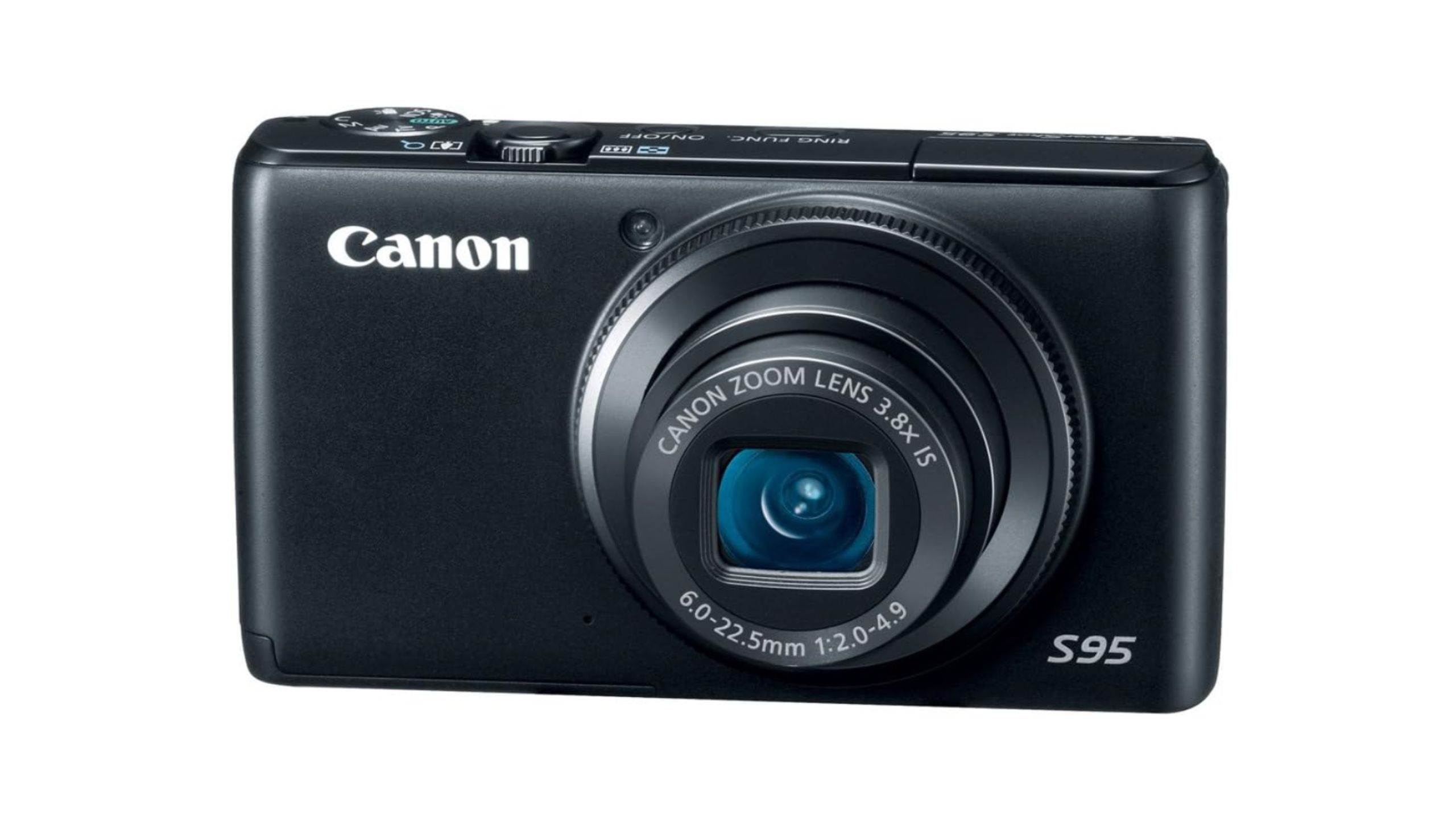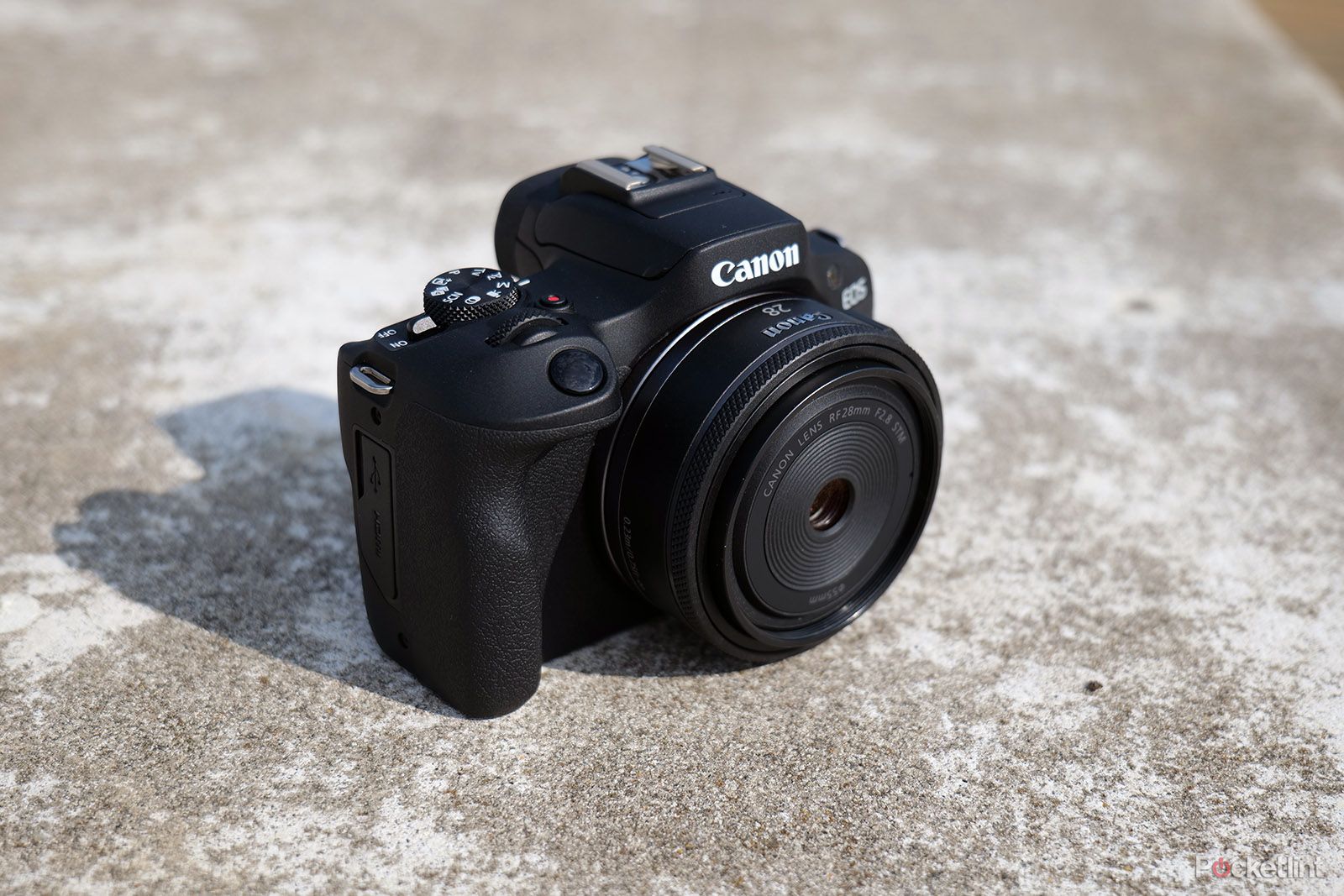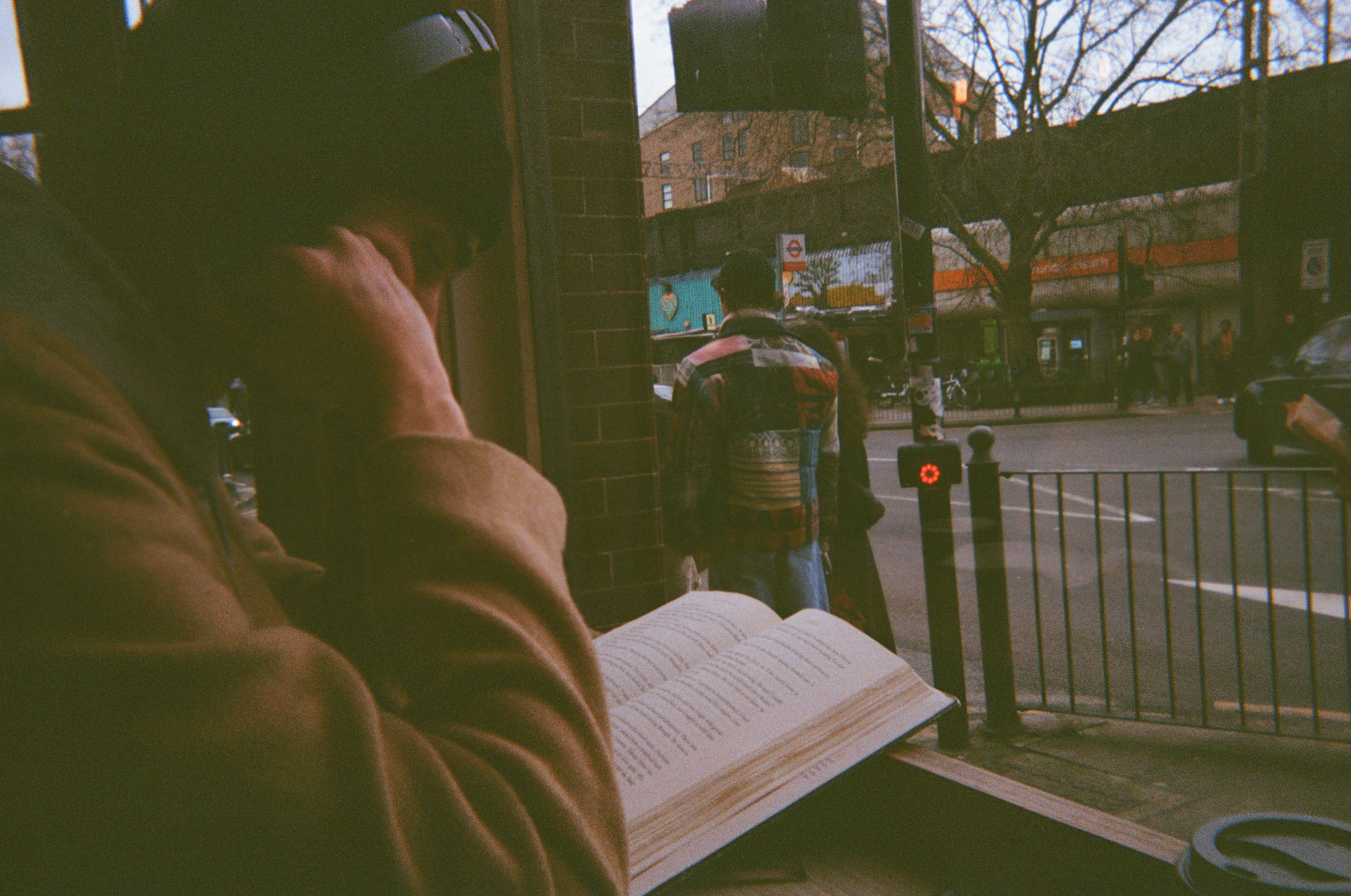Key Takeaways
- Point-and-shoot cameras offer a more Y2K and retro feel to photos, popular among Gen Z social media users.
- Mid-range models ranging from $100 to $300 offer higher quality features at a more affordable price.
- Digital point-and-shoot cameras are more reliable and convenient than film cameras, allowing for easy photo transfer and viewing.
Scrolling through Instagram and TikTok, everyone’s feeds are starting to look like photos from the early aughts. From blurry subjects, faded backgrounds and a flash that brightens up everyone’s face, Gen-Z social media users want a more Y2K and “retro” feel (sorry, ’90s babies — you’re vintage now) to their photos. Of course, everyone has a high-quality camera on them at all times thanks to their phone, but few things can compare to the familiar nostalgia of using a traditional point-and-shoot camera to take pictures.
My college-aged sisters and I all take photos using point-and-shoot cameras. Some of our friends even have Instagram accounts solely dedicated to photos taken on digital cameras.
Before moving to London for grad school, I purchased a Fujifilm mirrorless digital camera as well as a cheaper digital camera from Amazon. A point-and-shoot camera adds some character to capturing memories on nights out or taking at-home photo shoots.
Both of my college-aged sisters and I all take photos using point-and-shoot cameras. Some of our friends even have Instagram accounts solely dedicated to photos taken on digital cameras. If you’ve wanted to buy a point-and-shoot camera but don’t know where to start, here is everything you need to know about buying a point-and-shoot camera.
Buying Basics
- What is a point-and-shoot camera?
- A point-and-shoot camera is a digital camera that includes a viewfinder, basic facial recognition and an LCD screen. Many also feature a zoom lens.
- Digital point-and-shoots are relatively compact, allowing them to fit in your pocket or bag, making them a solid camera to take out and about with you.
- Decide your price range.
- Point-and-shoots typically range between $50 and $600. Buying a digital camera can be as expensive or as inexpensive as you want it to be.
- While there is a big difference in quality and ease of use between a $50 camera and a $600 one, in my experience, mid-range models that cost between $100 and $300 tend to offer higher quality features like those found on a $600 camera at a more affordable price, so I recommend buying a mid-range model if your budget allows.
- Where to buy a digital point-and-shoot camera?
- It’s easy to buy a point-and-shoot online. Here are some of the top retailers that sell digital point-and-shoot cameras:
- You can also buy digital point-and-shoot cameras directly from the companies that make them. Some top companies include:
- Want to look at cameras in-person and chat with photography experts? Depending on where you live, you can always buy a point-and-shoot from a local camera or film store. I always go to film stores to get my film pictures developed and scanned. Simply Google “film stores near me” and a list of local photography stores will appear. This option is dependent on your location, but there are a lot more film and photo stores around than you may think.

Best digital cameras for beginners: Canon, Kodak, Fujifilm and more
Ease your way into the world of photography with our top picks with user-friendly design, sharp images, and sturdy builds for every budget.
 Film vs digital: what’s the difference?
Film vs digital: what’s the difference?
If you want the most basic point-and-shoot camera, you could opt to buy a film camera. The most popular version of a film camera is a disposable camera you can typically buy at any convenience store, camera store or online retailer. Disposable cameras run between $15 to $30 each and allow you to take a certain number of film photos. Once you finish the film roll you can take it to a film store to have the film developed and either printed out or emailed to you.
Film cameras give off more of an older, grainy look, while digital point-and-shoots still give off a vintage look but with less fuss
The upfront cost of a film camera may be cheaper, but the price of film along with the price of developing it can be costly. Film cameras don’t allow you to view your photos before they’re developed, and you’ll need to learn how to manually focus the lens. All of that can make film cameras very hit or miss. There’s been several times that I have got my film photos developed only to realize half the photos I took never came out.
A digital point-and-shoot camera is much more reliable than a film camera. Film cameras give off more of an older, grainy look, while digital point-and-shoots still give off a vintage look but with less fuss. Digital cameras allow you to view pictures and don’t require you to go to a film store to get the pictures sent to your phone. All you need to do to transfer the pictures from your camera to your device is buy a microSD card reader for your laptop or iPhone, then you can easily upload the pictures from the camera to the device of your choice.
I love disposable film cameras for quick trips or casual photos, but if you want a camera for frequent use, then I would go with a digital point-and-shoot camera instead.
New vs. vintage digital point-and-shoot cameras
The biggest difference between a newer digital point-and-shoot camera and an older model is the quality of the photos. Older digital cameras sold in the early 2000s give users less control over exposure, giving pictures a more film-like feel. My sister still uses my mom’s Canon Powershot S95, a digital point-and-shoot camera sold in 2010, and truthfully, the pictures look similar to the cheaper 2020 digital point-and-shoot camera my friend bought on Amazon.

Canon PowerShot S95
2010’s trendy camera for 2024
Companies such as Canon and Fujifilm still sell point-and-shoot cameras which have higher picture quality while maintaining a more vintage vibe. If you’re truly dedicated to buying a digital point-and-shoot camera from the ’90s and early 2000s, you can look on websites like eBay, Amazon as well as film stores for buying second-hand cameras.
Tips for buying secondhand
Do your research and don’t get scammed
If you’re buying from an online retailer, make sure they’re legit. Read buyers’ reviews and know that you’re buying from a reputable source. Tools like Fakespot can assist with the process.
Compare prices to get a baseline
This goes along with doing your research, but make sure to compare the prices to the average prices on the market. Vintage digital point-and-shoot cameras can be pricey, but make sure you aren’t getting scammed. Especially if you hit a thrift or secondhand store in-person, check out general prices ahead of time online.
If possible, test the product out
If you plan on going to a camera store to buy your new point-and-shoot, try it out for yourself. Make sure that you like the look of the photos the camera produces, and how it feels in your hands. In 2024, every camera is capable of capturing high-quality images. So you should instead ask yourself if the point-and-shoot you’re about to buy will inspire you to use it frequently.
 How I use my digital camera
How I use my digital camera
I own both a digital point-and-shoot camera and a digital mirrorless camera, which is a step up from the point-and-shoot camera. I love to use the smaller digital point-and-shoot camera for nights out or for when I’m roaming around cities. The camera is pocket sized, making it super easy to fit in my bag.
To achieve an older look in my photos, I don’t typically change any of the settings on the camera. I always use flash, but besides that, any editing I want to do, I do after downloading the photos on my phone. When I edit my photos, I use a combination of the VSCO and Tezza apps as well as editing directly on Instagram.

Best cameras for beginners: Photographer tested and reviewed
New to photography? The best beginner cameras can capture gorgeous photos and videos without costing a fortune.
Trending Products
















